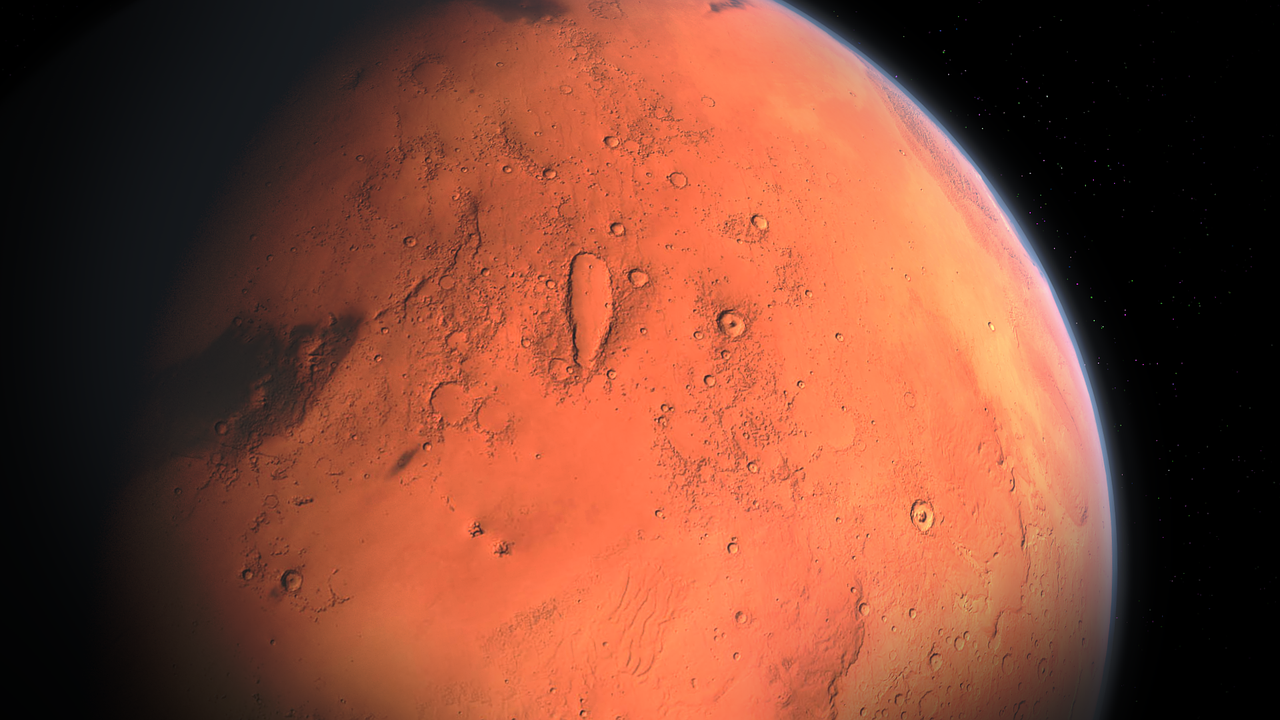In science fiction films and space adventures, the story of the self-sacrificing astronaut who leaves his children on earth is often told to return several years later – much younger than the children. But is it at all related?
Astronauts don’t get younger by a spaceflight, but they age a little slower than people who stay on Earth.
The faster a body moves, the slower the passage of time.
This was shown by Albert Einstein in his special theory of relativity from 1905, and this has been confirmed in several different experiments.
Time in space goes slower
When astronauts move at high speeds, time goes a bit slower for them than for people staying on Earth.
Astronauts do not notice any difference in time – for them, time goes exactly as it usually does. Only when they return home can they notice that it has been longer on earth than it did in space.
Russian has traveled 0.02 seconds in time
Russian Gennady Padalka has spent 879 days in orbit around the earth. For him, the time has been slower than for people on earth, though only 0.02 seconds. Thus, Padalka has lived 0.02 seconds shorter than the others.
High speed causes a time delay
However, a spacecraft must reach speeds near the light before the difference in time becomes clear.
The astronauts who have been in space so far have only experienced a time shift of thousands of seconds – and even less if they only made a shorter turn.
Rapid spacecraft gives great time effect
If spacecraft could fly at speeds very close to the light, what was experienced as days for the astronaut could correspond to years on Earth.
1. Farewell: The astronaut says goodbye to her newborn baby.
2. TRAVEL: For ten days, he flies at 99.9 percent of the light speed.
3. HOME: When he lands, he can celebrate his child’s sixth birthday.







